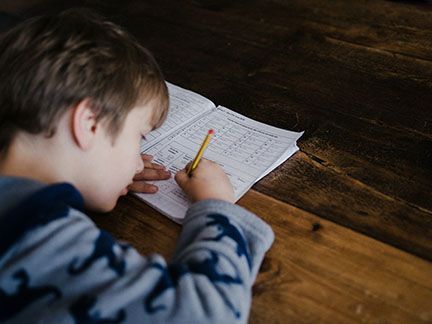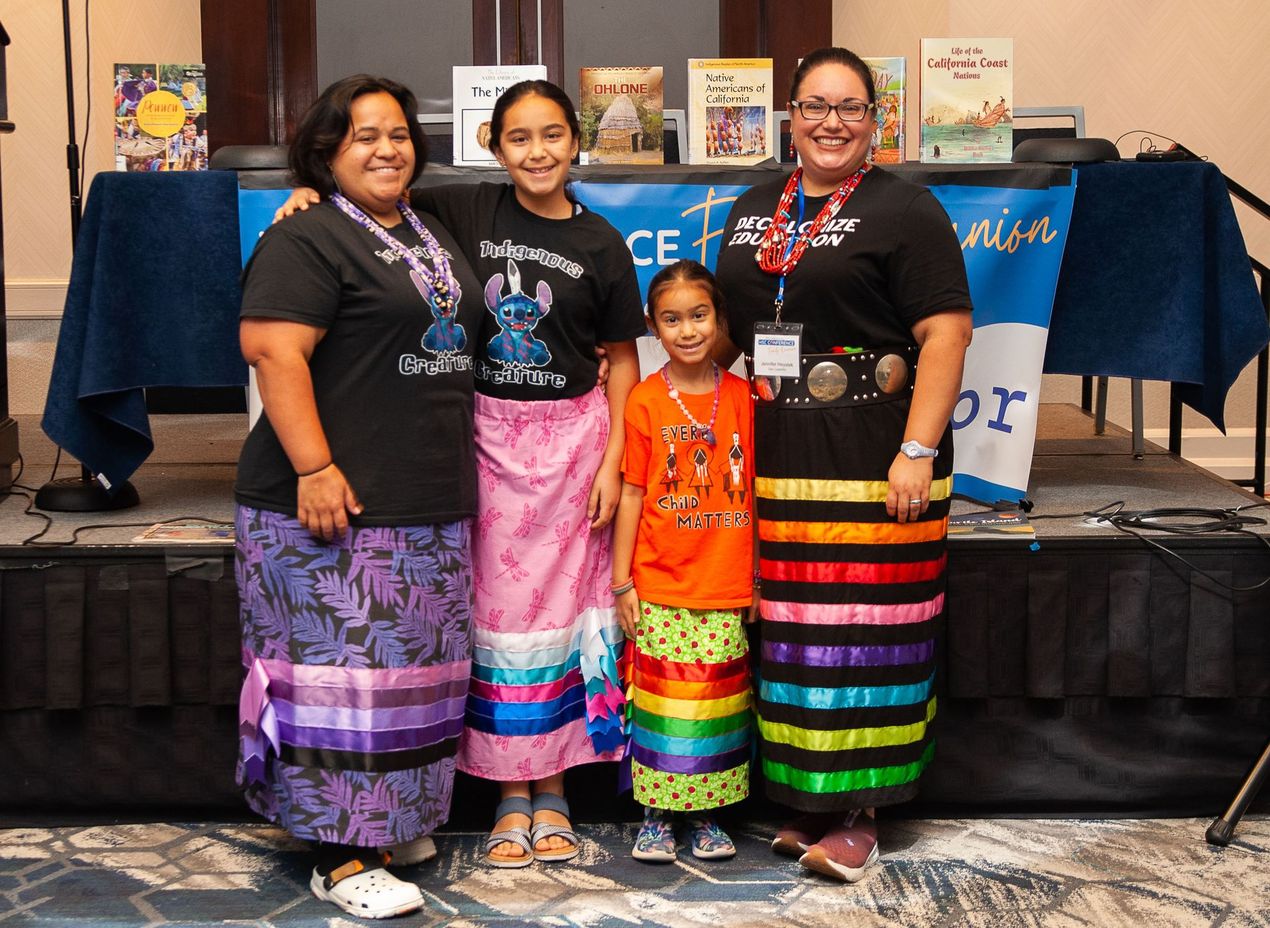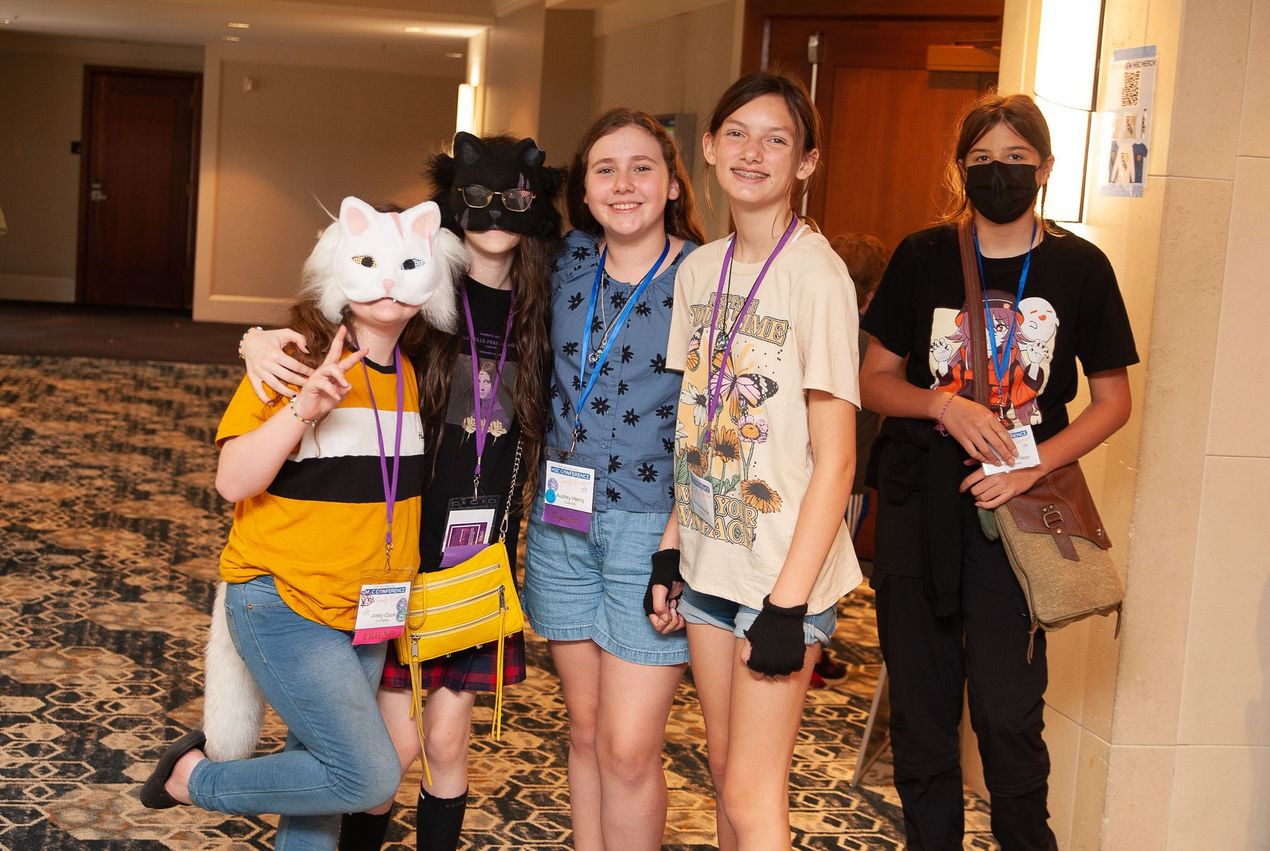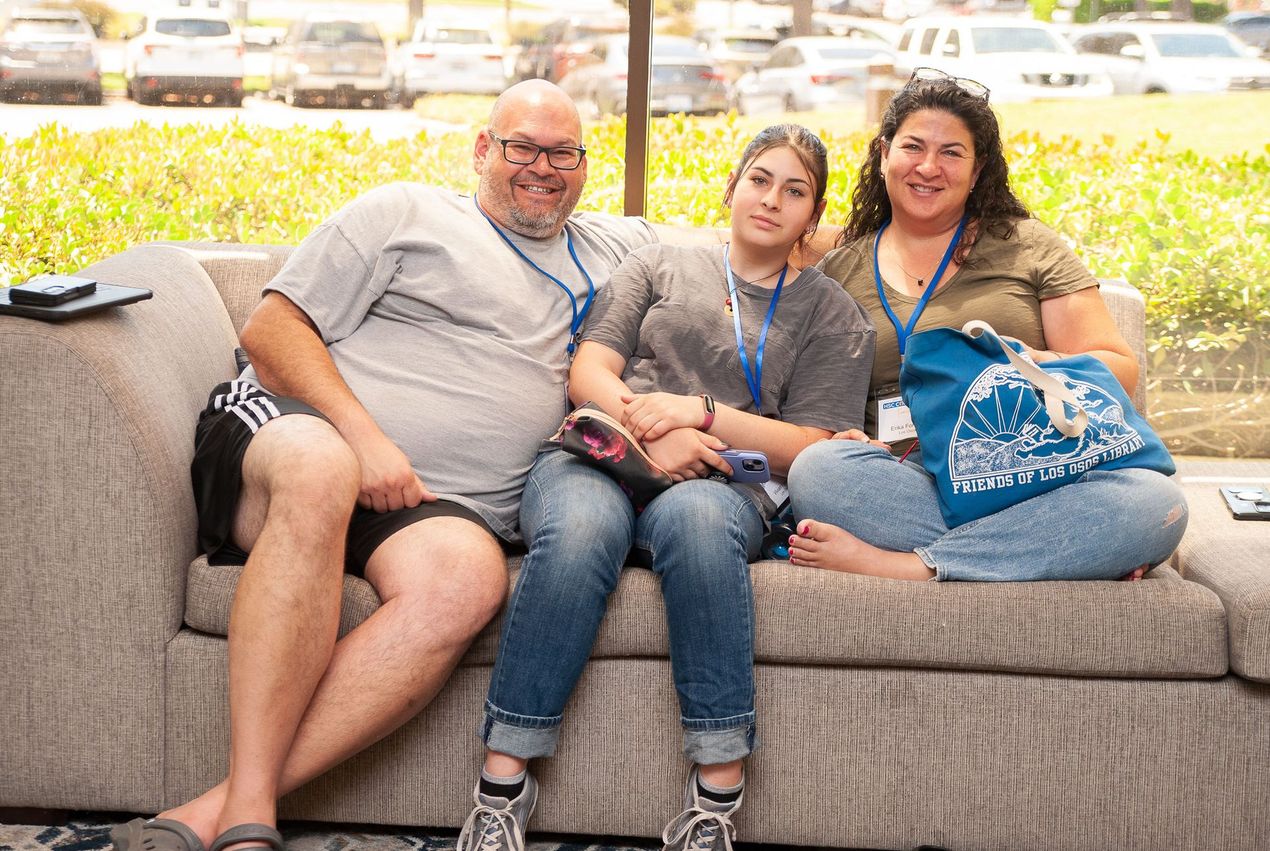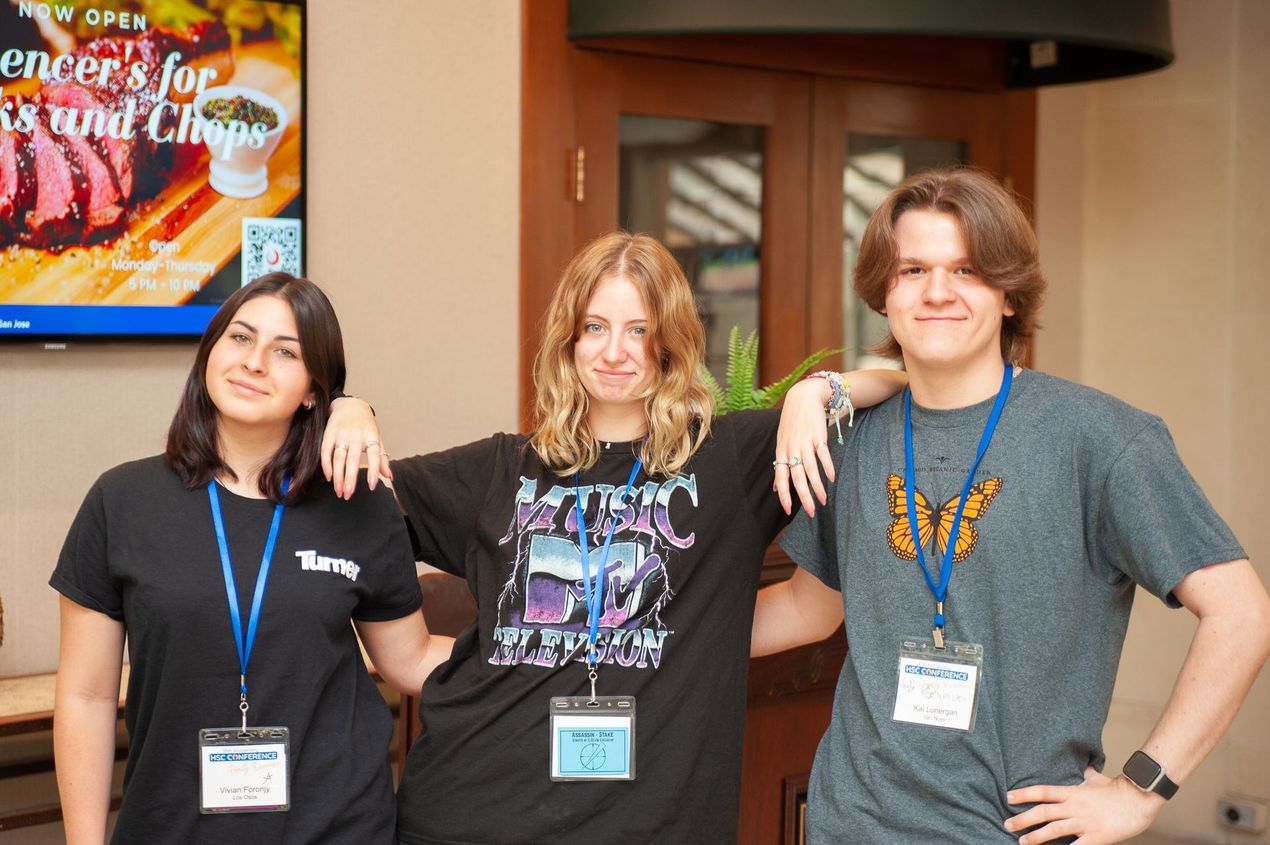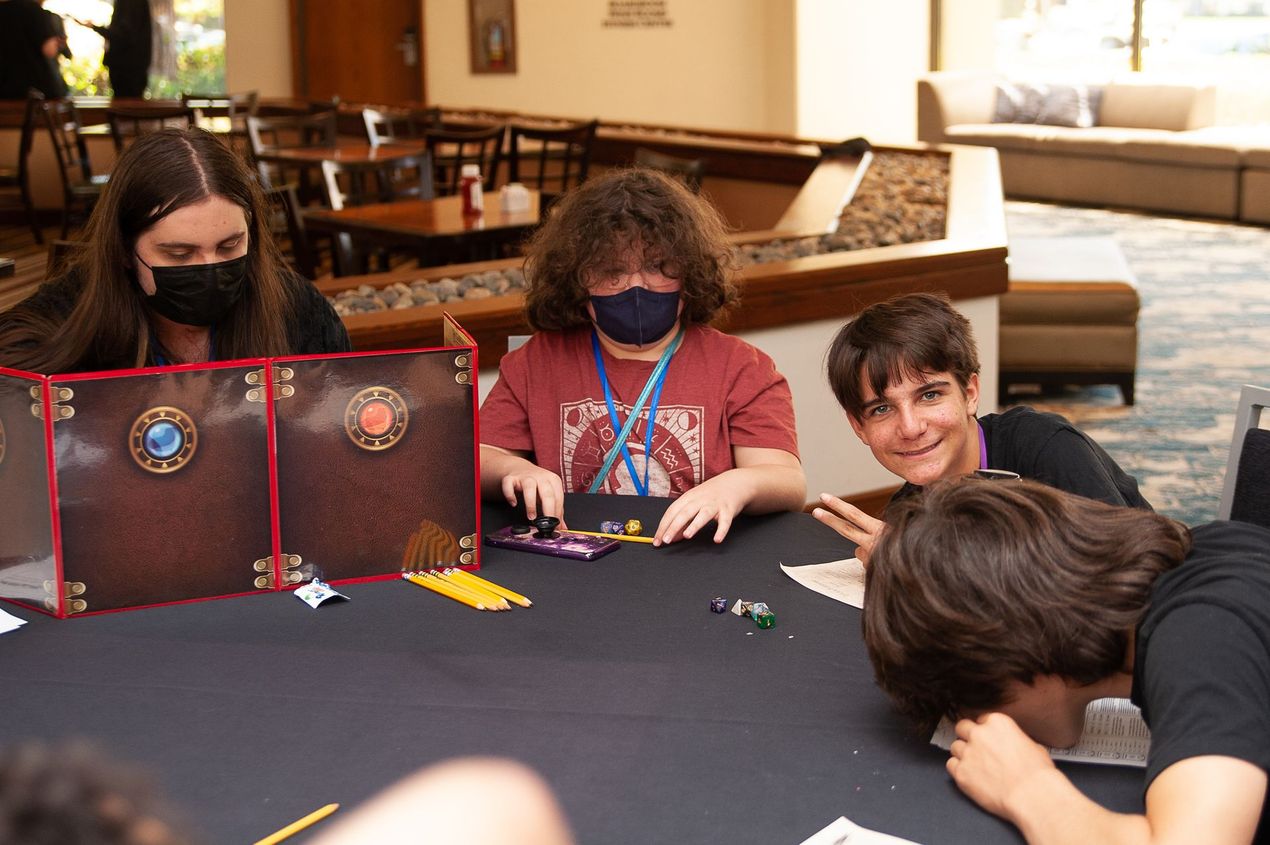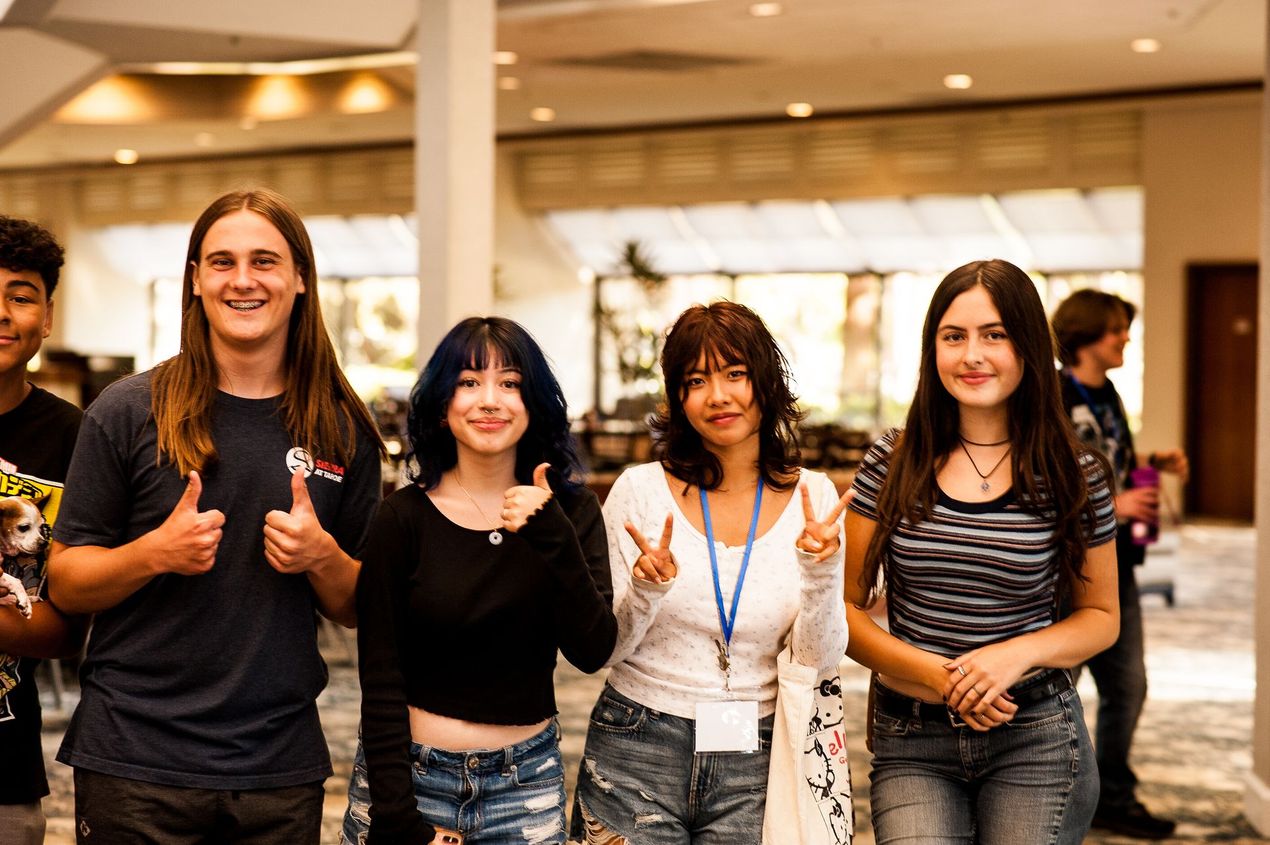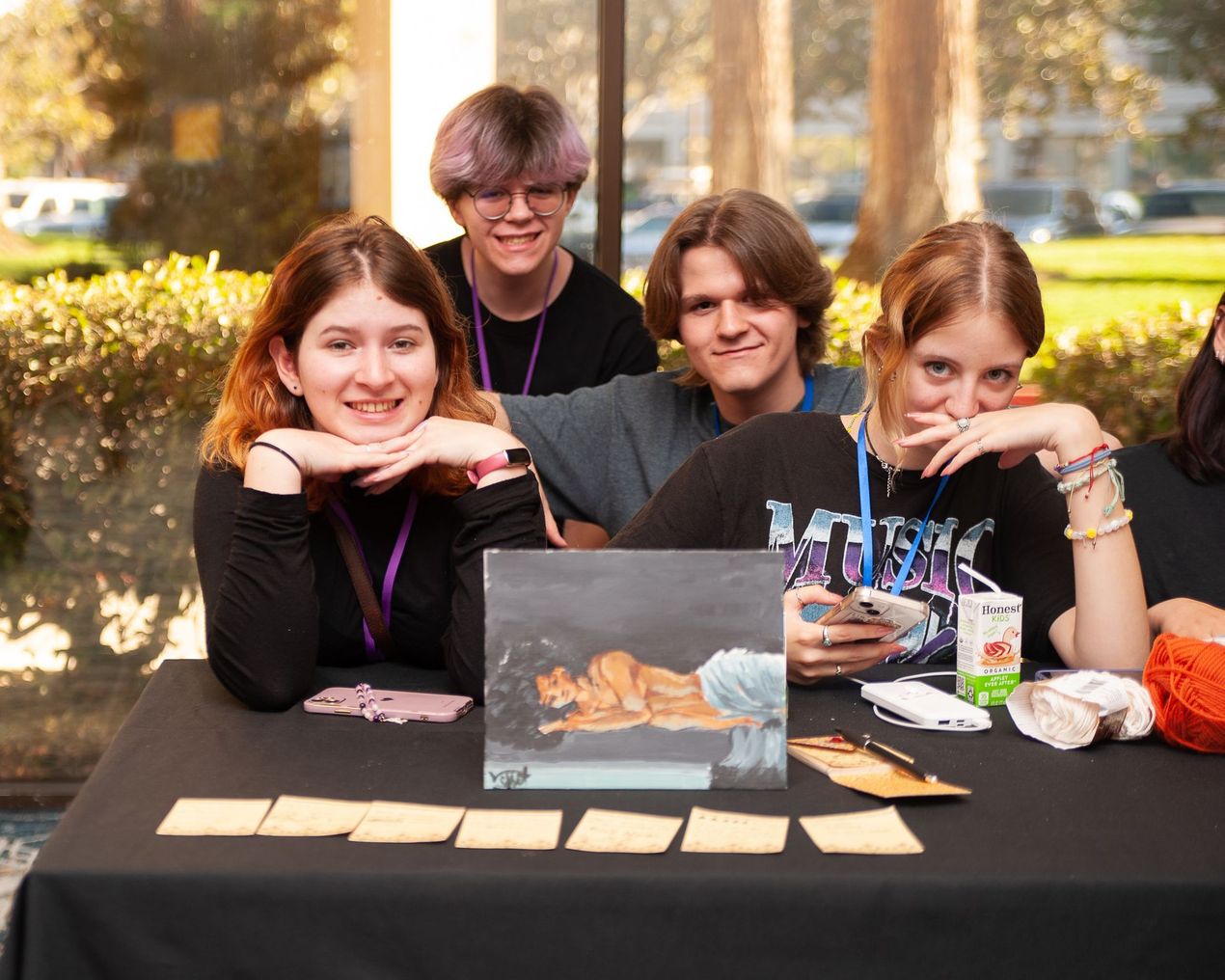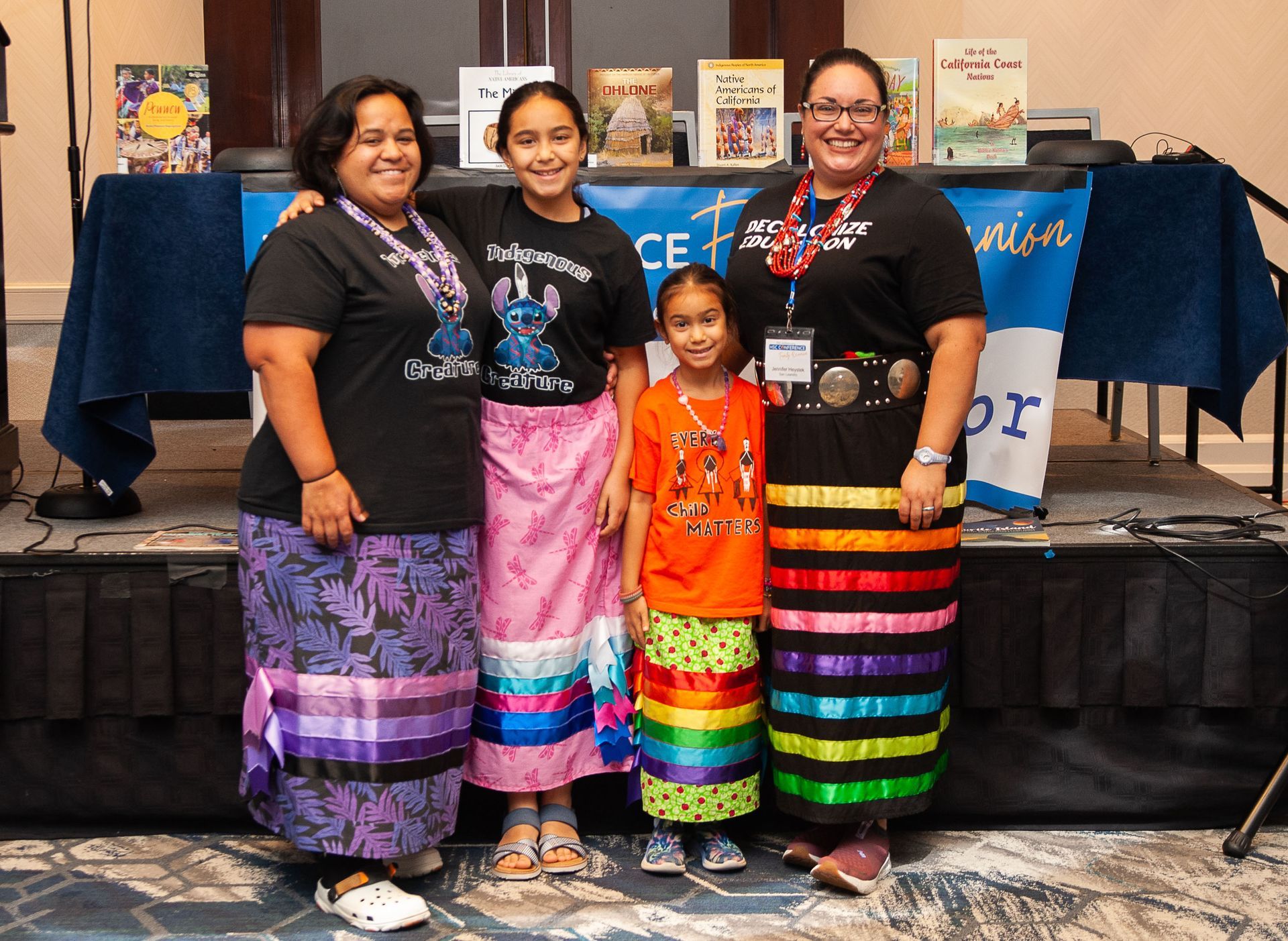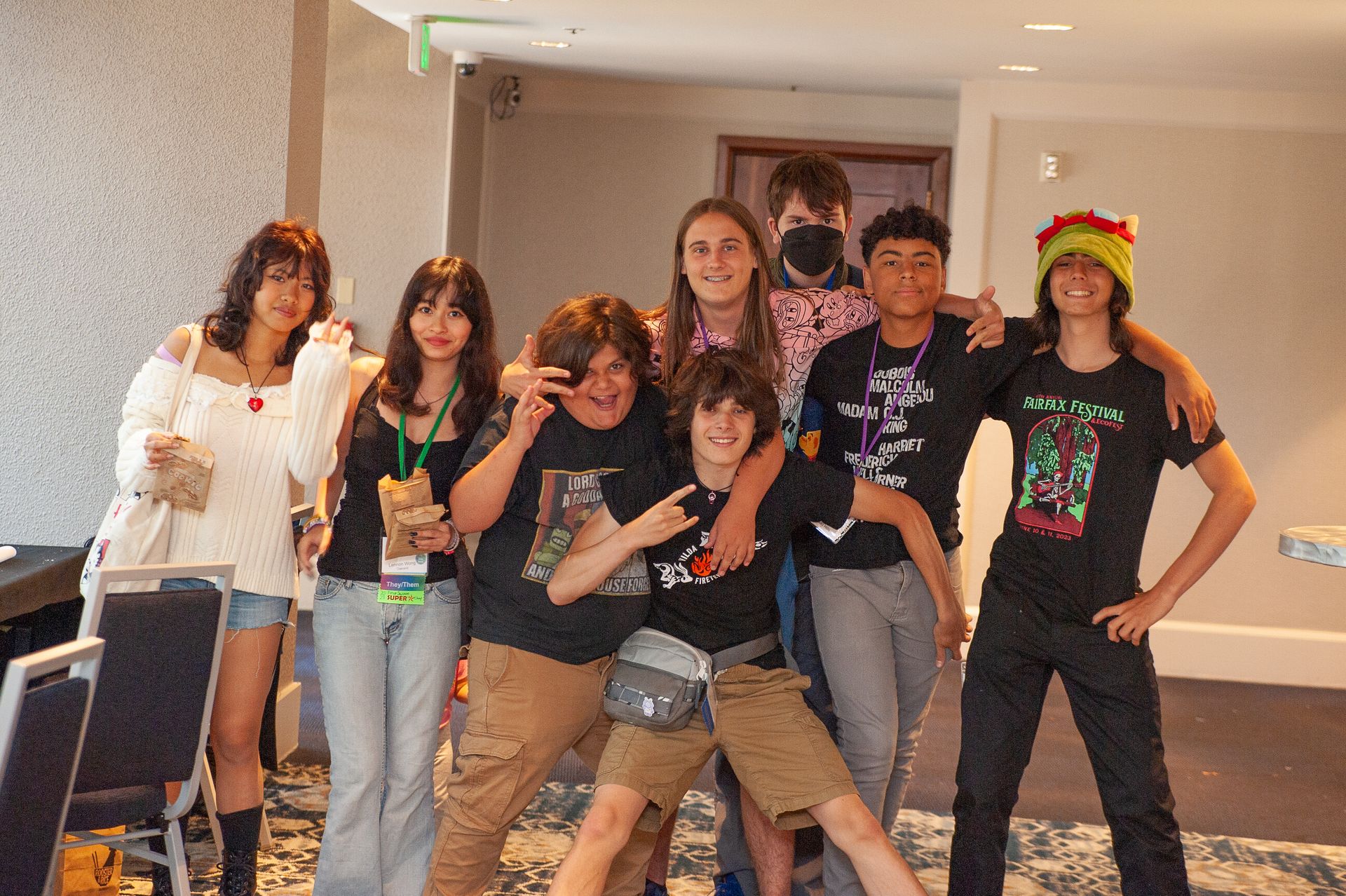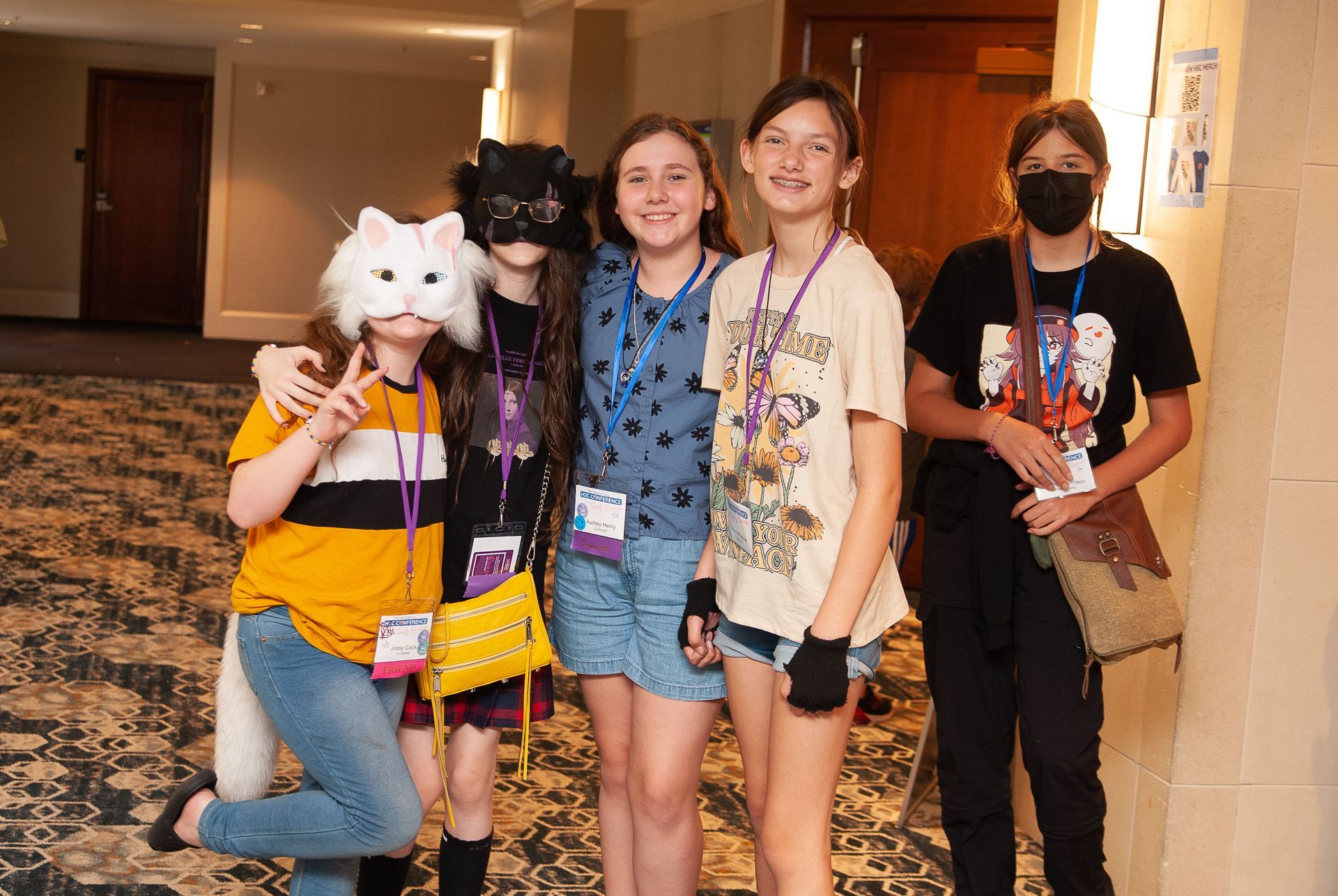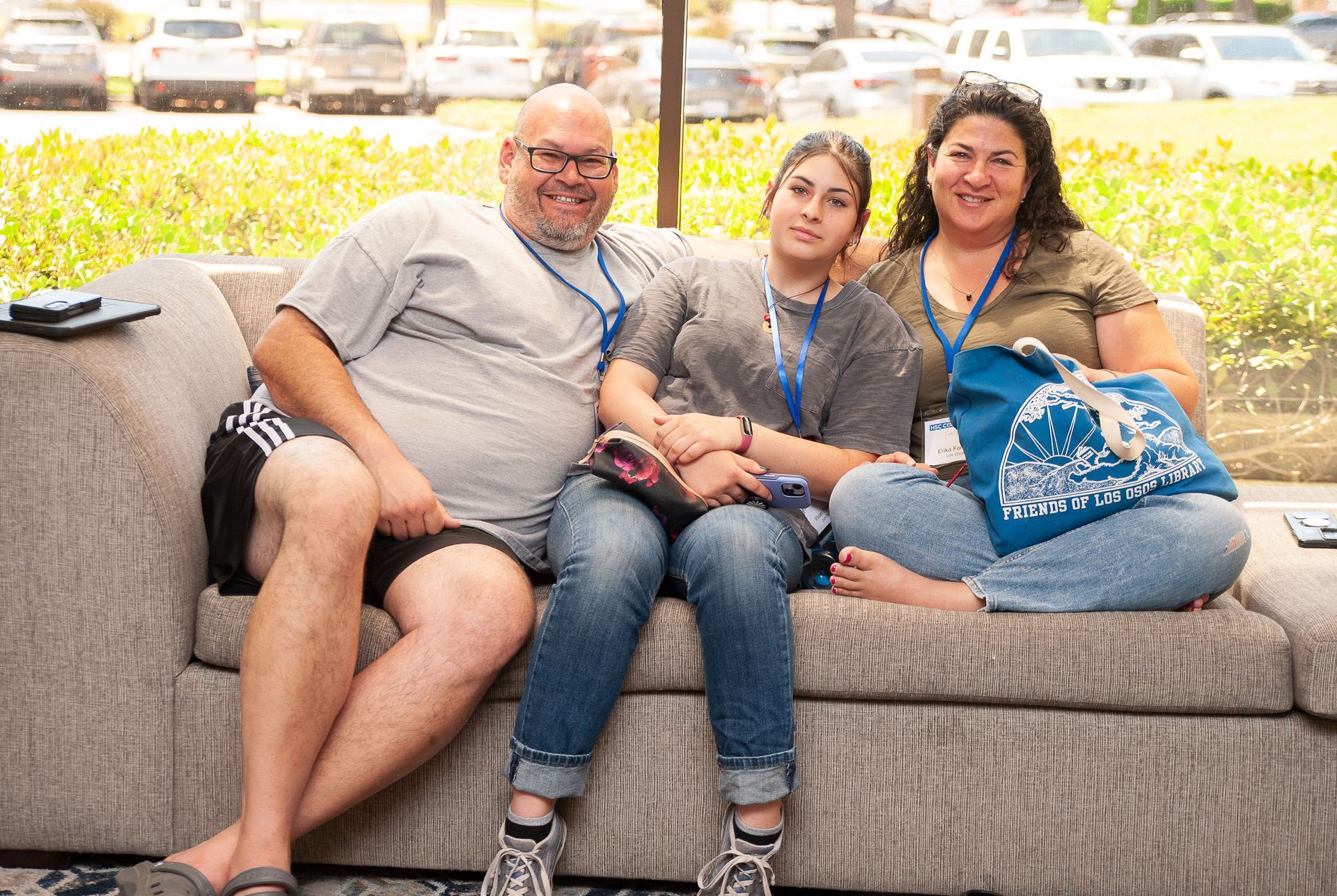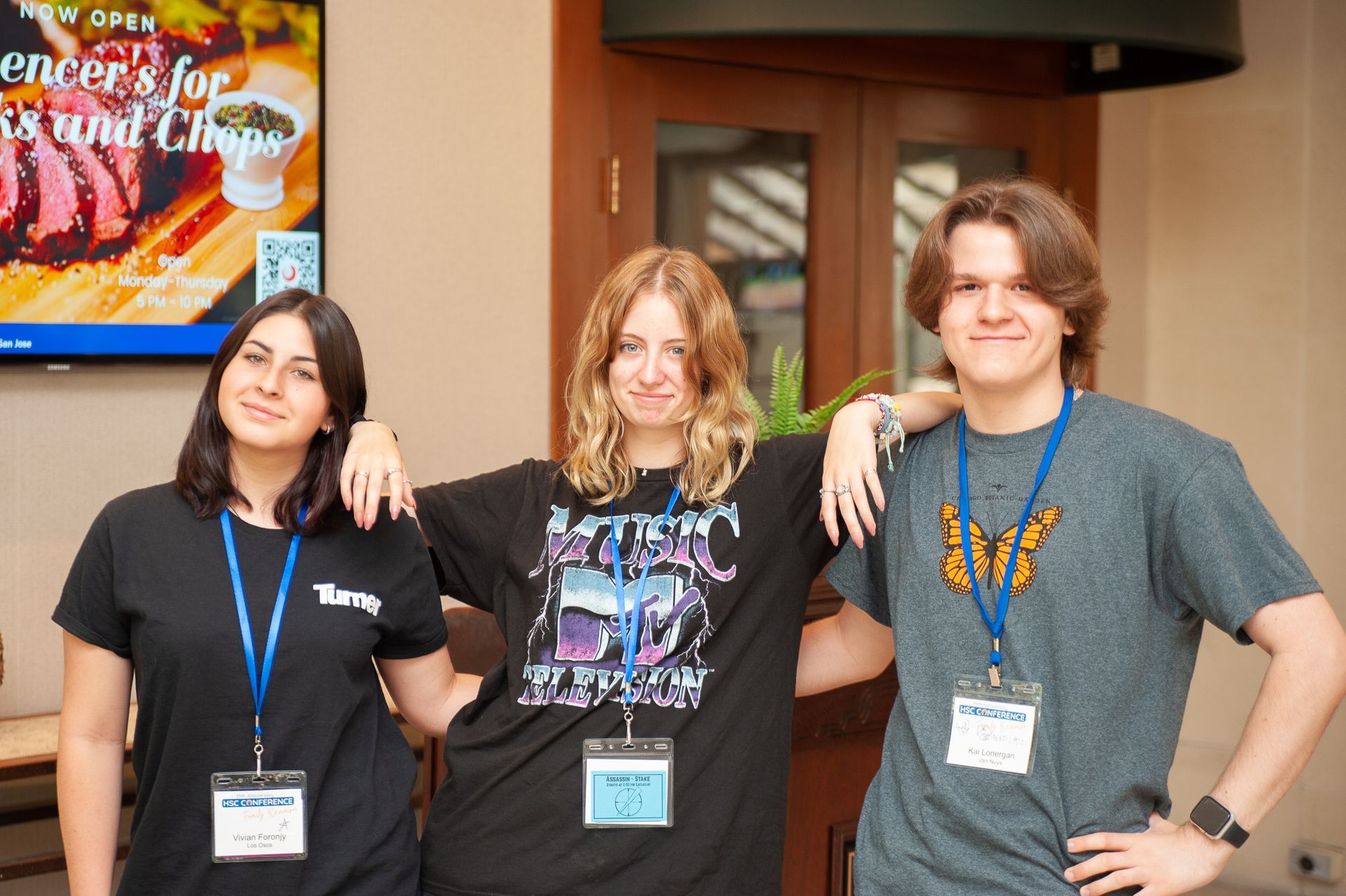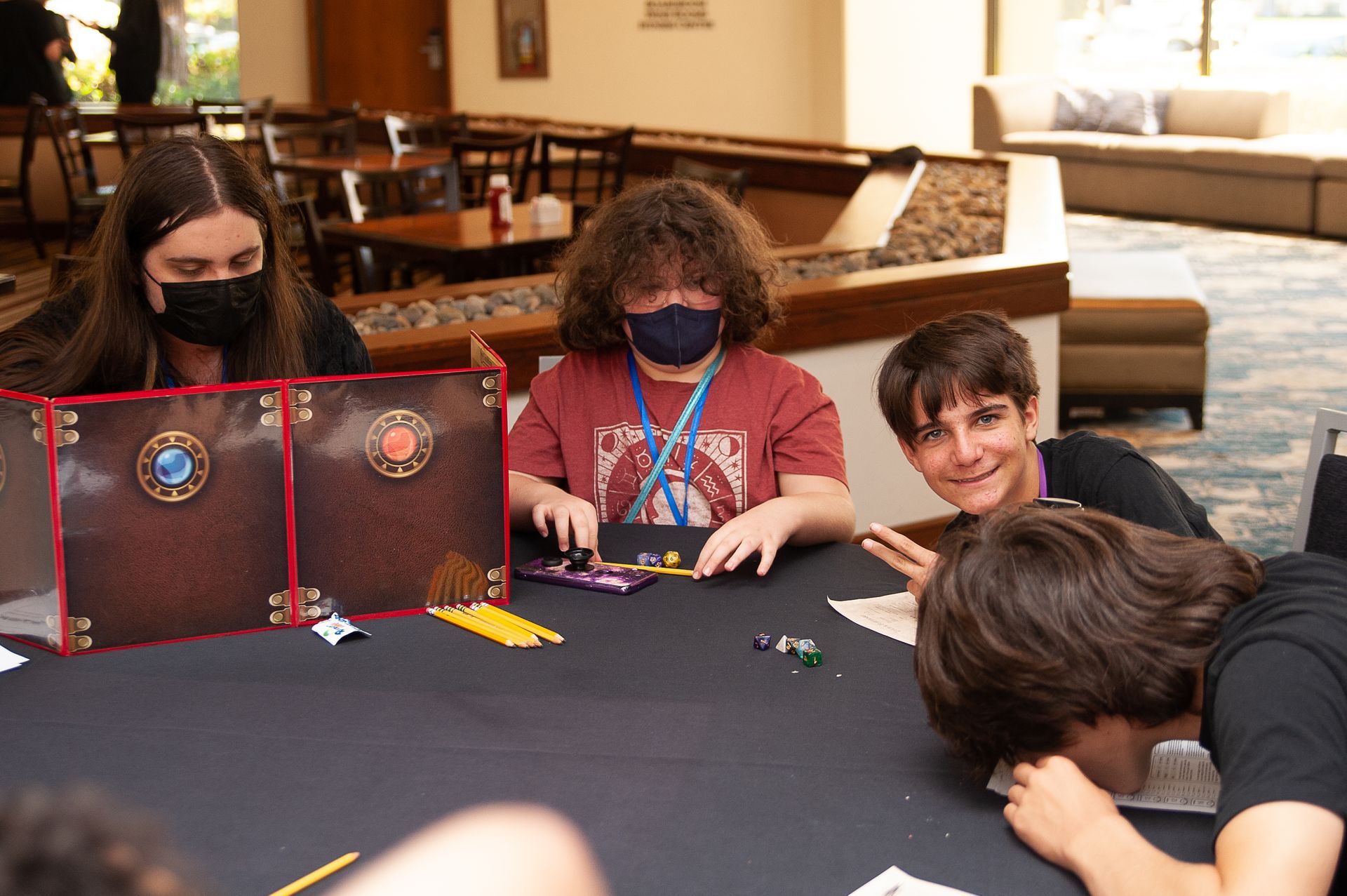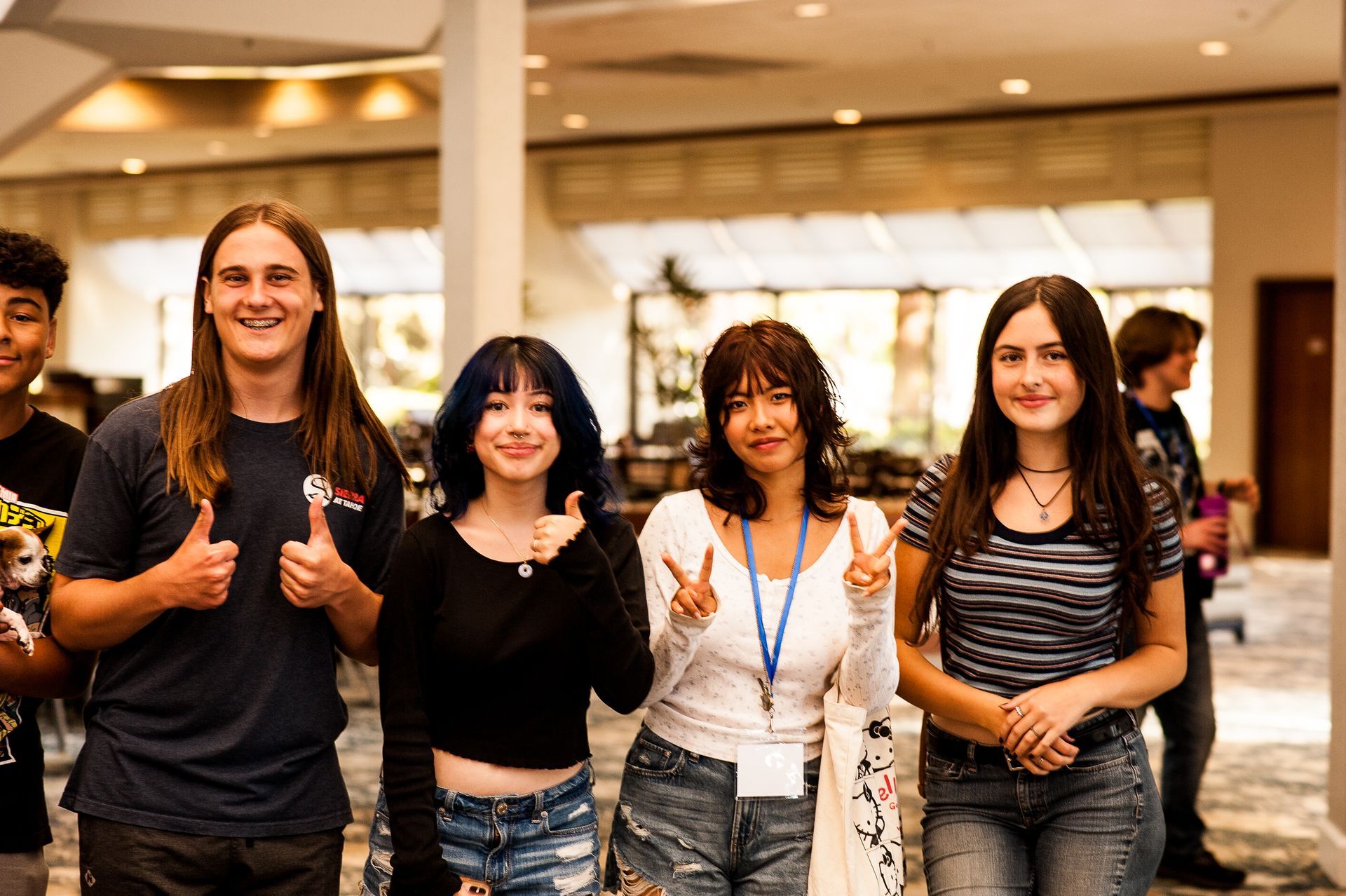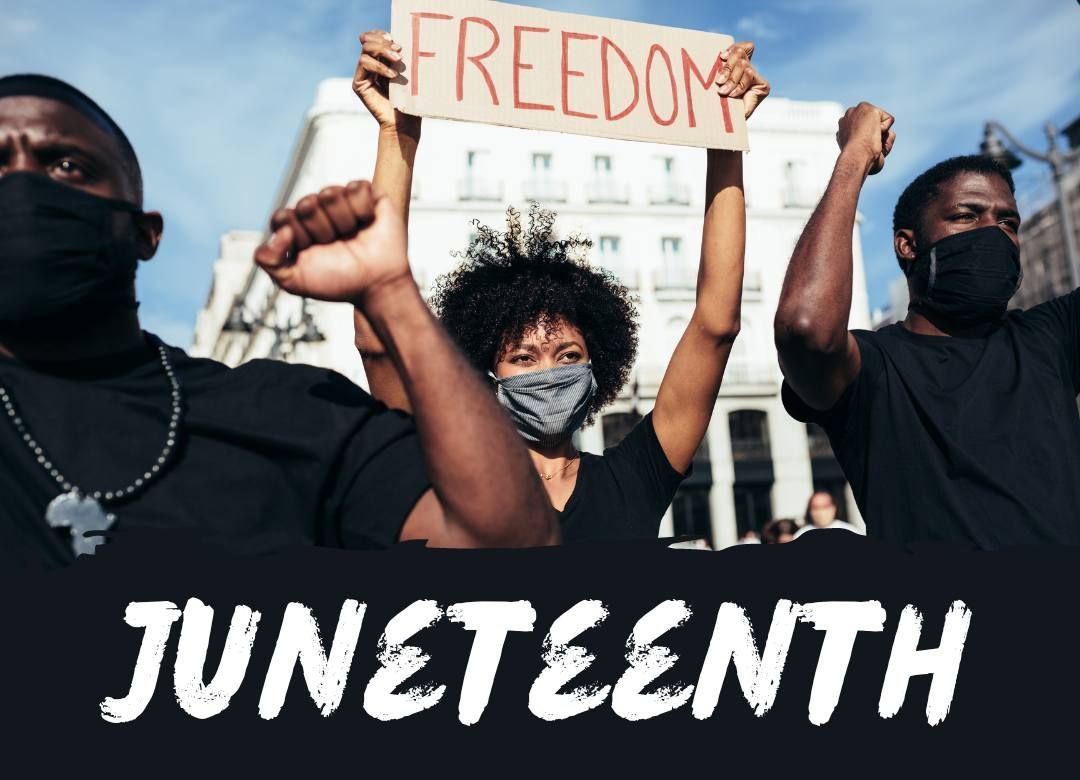June 8, 2024
There's a great episode from The Ellen Show in which a three-year-old girl dances on stage with her mom. You can't help but smile when you watch her. She moves with pure abandon, joy, and confidence. During the interview portion of the show, Ellen asks the little girl, "So you think you want to be a dancer when you grow up?" and the little girl replies, "I am a dancer!" We've probably all innocently asked this question of a child at one time or another. I know I have. It's one of those standard icebreakers we use when meeting a child for the first time or when trying to engage them in conversation. People's intentions are usually good when they ask about a child's future dreams. But the question itself can be problematic. Here's why: 5 Reasons NOT to Ask: "What do you want to be when you grow up?" 1. It makes the assumption that children have to wait until they are adults in order to "become" something or someone. That they are not fully formed human beings capable of living, doing, and being in the present. For some children, it is a question loaded with pressure and assumptions and basically serves as a means of labeling and limiting a child at a very young age. And it teaches children to categorize others in this same way. 2. They don't know. The first time they are asked, many children will shrug their shoulders and say, "I don't know," because it's the truth. Children naturally want to please, so as they get older they often give an expected answer, such as fireman, doctor, scientist, policeman, lawyer, or some other occupation that adults and/or the media have shown them is valued by society and will garner them praise. 3. Because they get asked this question frequently. Children quickly come to realize that it isn't a sincere invitation to talk about themselves honestly. Over the years, they may conform to societal, educational, or parental pressure and pursue what's expected of them. Their answer may become so rehearsed and ingrained that they begin to believe the script. Worst of all, they may feel shame or even fear if and when they realize that the "thing" they told everyone they wanted to become just isn't who they really are. 4. It sends an early message that we must choose one thing in life. One path, one goal, and march faithfully and diligently toward it. But what about those of us who may be "multipotentialites" (explained by Emilie Wapnick in her insightful Ted Talk ), or people who don't have one true calling, but are good at and nourished by several talents or passions?Children who are naturally interested in a variety of things should be encouraged to explore and choose without limits, just as those who excel at one thing - be it dancing, singing, gardening, cooking, dinosaurs, constellations or car engines - should be taken seriously in their pursuits. 5. All children deserve to be valued for who they are now. Not for who we may want them to become. They deserve to be recognized for their contributions and accomplishments in the present, not for what we may expect them to do in the future. They deserve to be listened to and heard. And they deserve to know that whatever they choose to do in life, they will be supported, loved, and respected. Maybe a better question to ask children is something as simple as "What makes you happy?" Come to think of it, it's a question we should also be asking each other as adults. Ellen Rowland is an American living in Senegal, West Africa in an off-the-grid earth house she helped build with her husband and two homeschooled children. She writes about culture, family, things that are good for the planet and life without school. A lover of all things edible, she can usually be found in the kitchen when she’s not writing or creatively encouraging her children’s passions. She blogs about parenting and unschooling at A Muddy Life .


